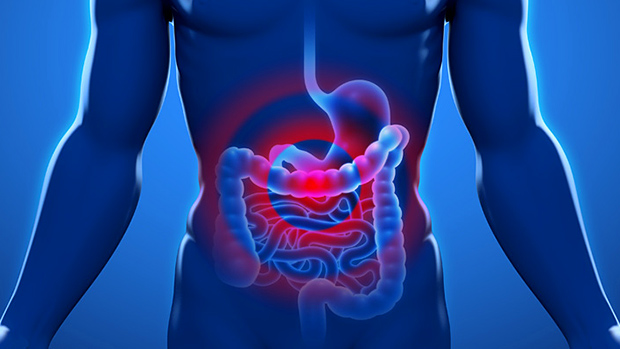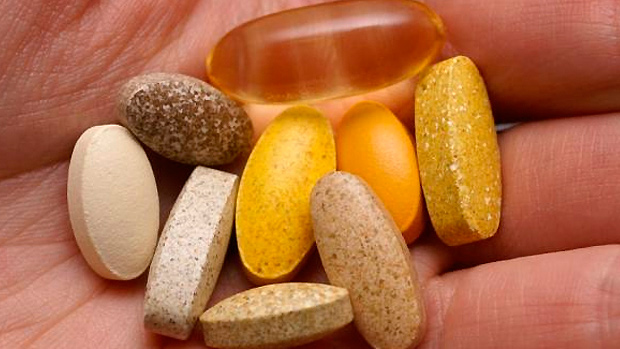"Too Much Protein is Bad for Your Bones!"
Heard that one before? It's often cited by the same people who say that high-protein diets are bad for your kidneys. The people are often vegans, and sometimes even your mom and dad.
The kidney myth has been thoroughly busted, but what about that bone mineral density thing – the "acid-ash hypothesis" – where calcium supposedly gets excreted if you eat too much protein? A new study by Dr. Jose Antonio and his team took a very close look.
Twenty-four exercise-trained women were recruited for this 6 month study. The control group ate normally and the study group was told to eat a higher protein diet: at least 2.2 grams of protein per kilogram of body weight.
The high-protein group ended up having an 87% higher protein intake than the control group. They got their extra protein by consuming a whey/casein protein powder (or a vegan protein powder if they preferred) and just by eating more meat.
Despite the study group consuming an average of 2.5 times more protein than the US government's RDA (recommended daily allowance), there was no negative impact on bone mineral content or density. In other words, no demineralization of the skeleton. One woman even consumed about twice as much as the others in the high-protein group. No problems there either.
As a bonus, even though the protein group consumed more calories per day than the control group, the high-protein group didn't gain any body fat. Yeah, protein is kinda magical that way.
First, be sure to shove the real science into the faces of those people who poo-poo on your meat-eating, protein-supplementing ways.
Second, don't listen to the government when it comes to nutritional recommendations. The RDA stuff is pretty antiquated and not aimed at lifters and athletes.
Third, don't worry for a minute about eating a lot of protein, from whole foods or a quality protein powder. Your bones will be fine. Your kidneys will be fine. Your liver will be fine. Your body fat may not be fine, however. Some of it will go away.
- Antonio J et al. High protein consumption in trained women. J Int Soc Sports Nutr. 2018 Jan 31;15:6. PubMed.





